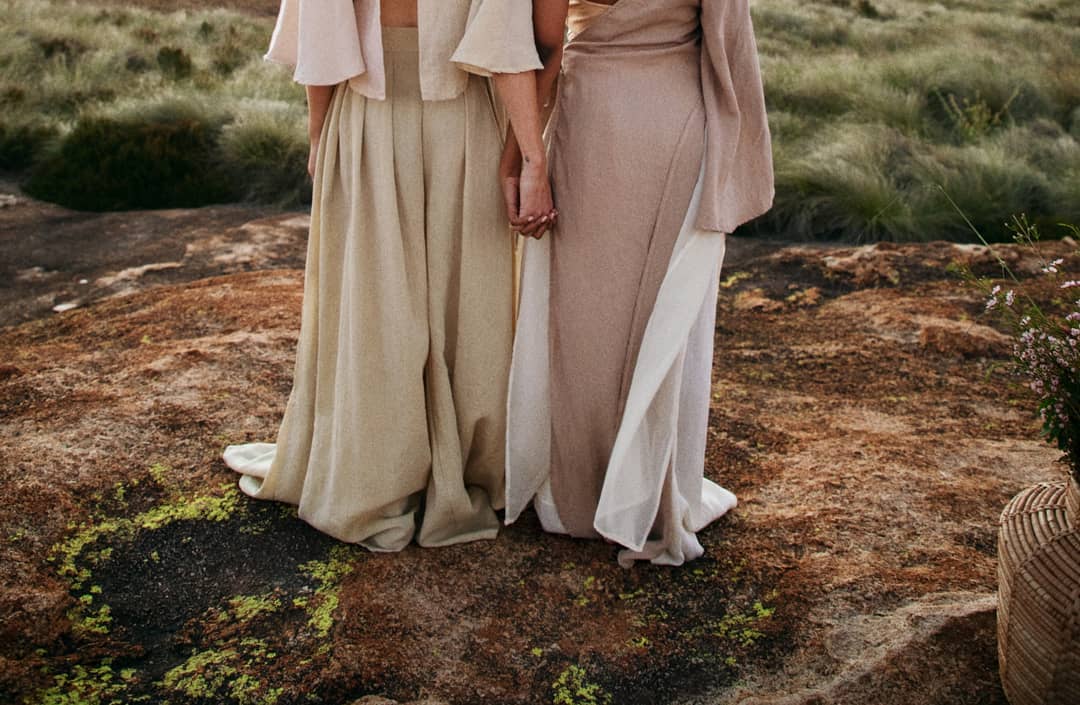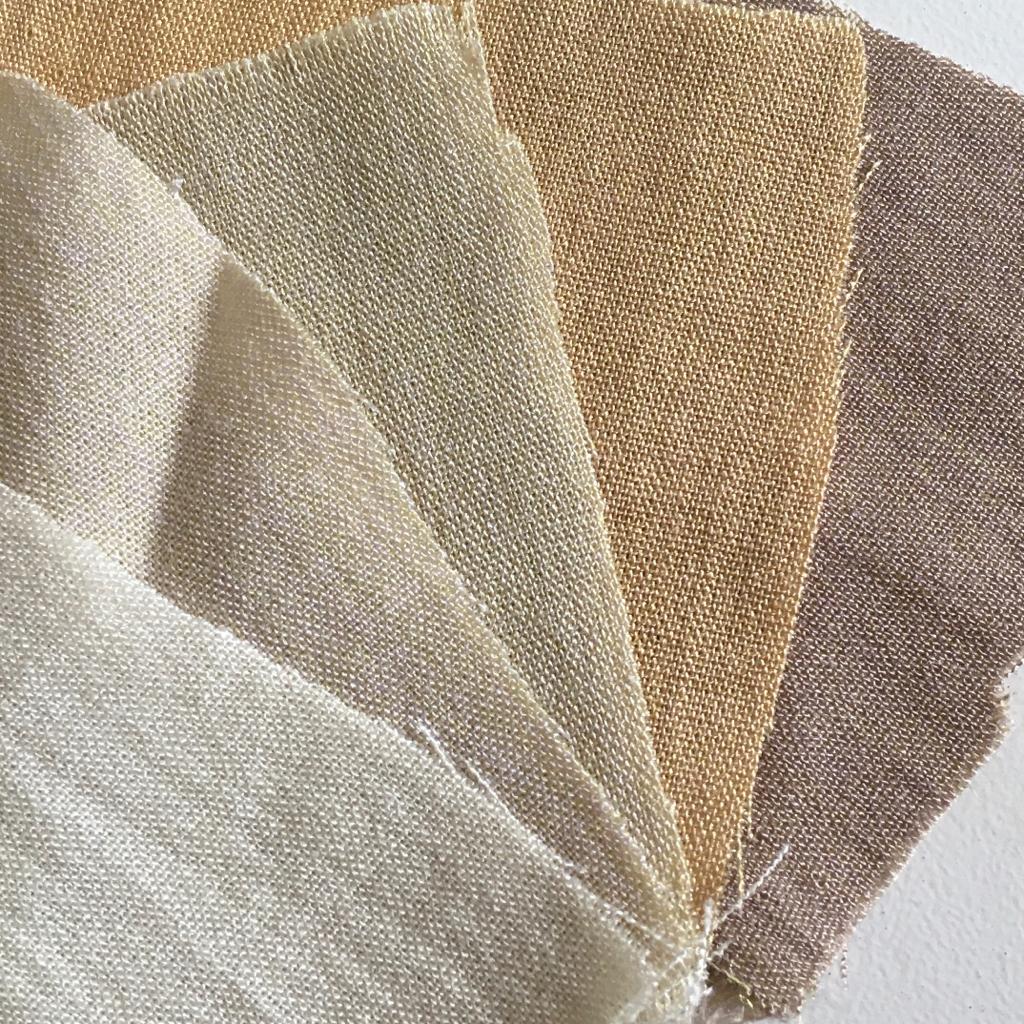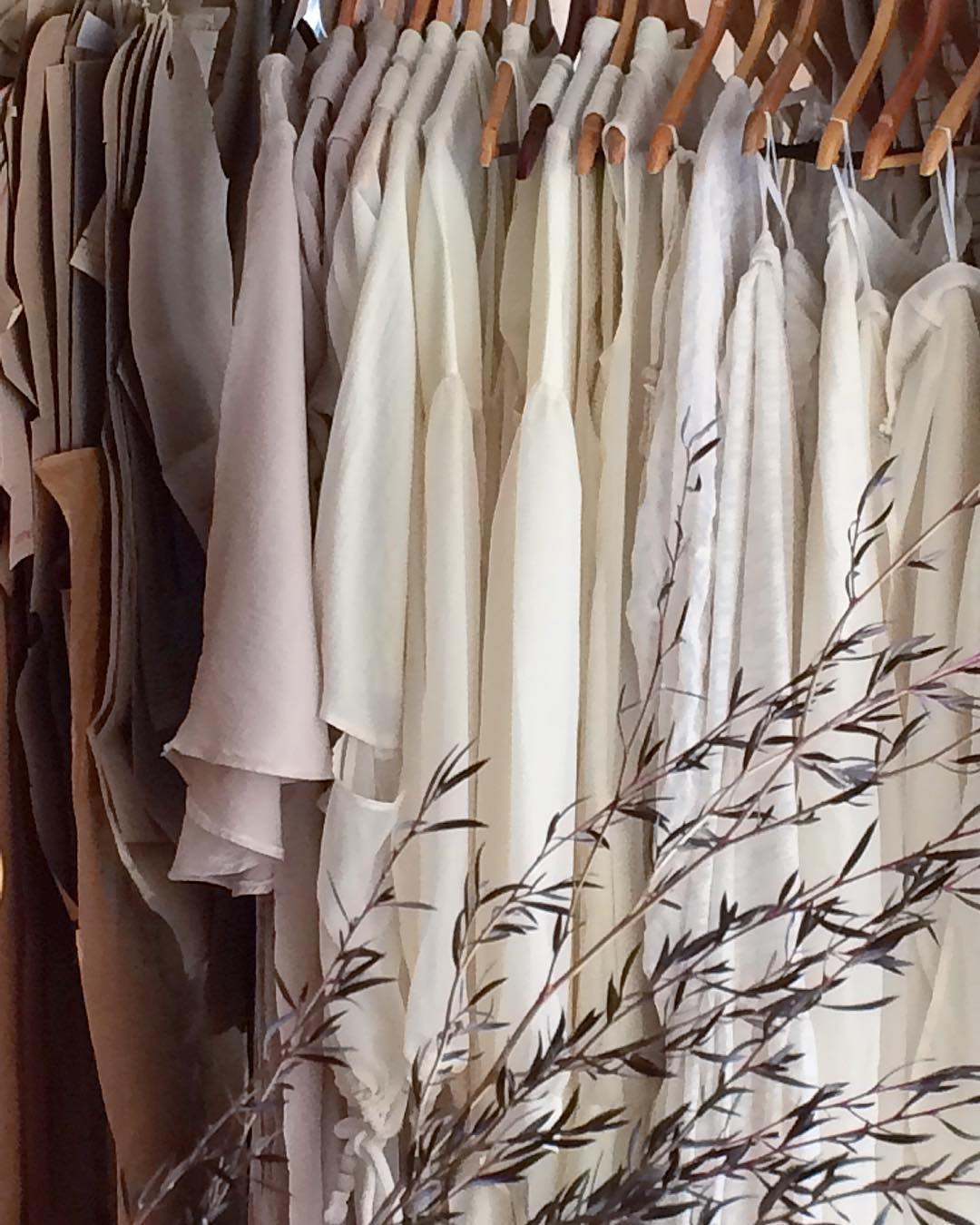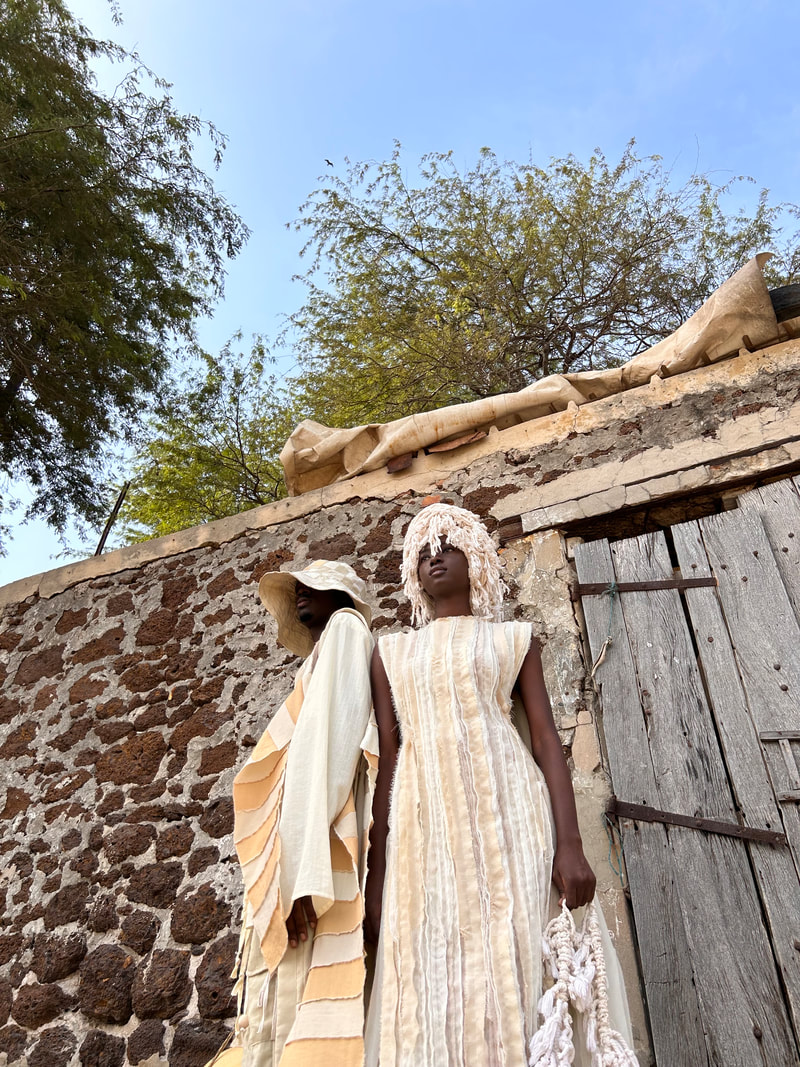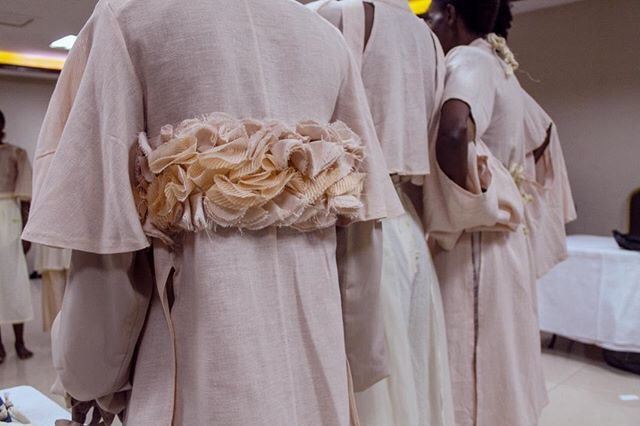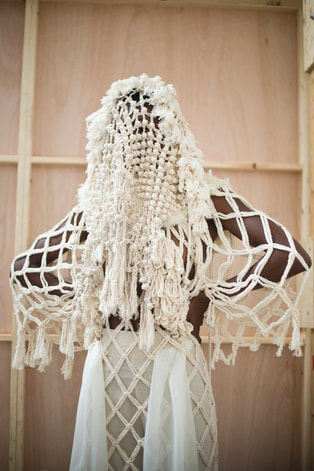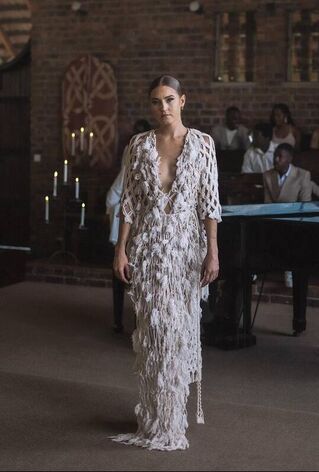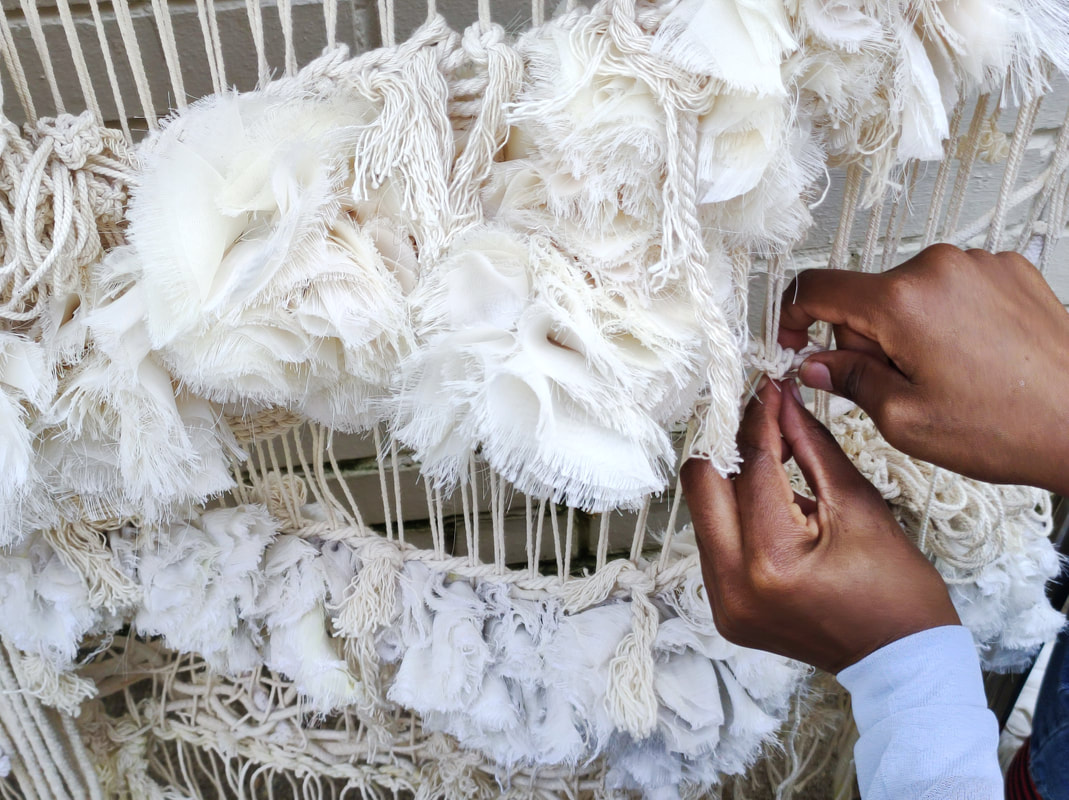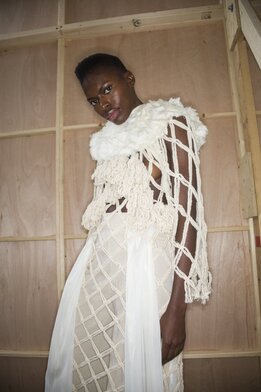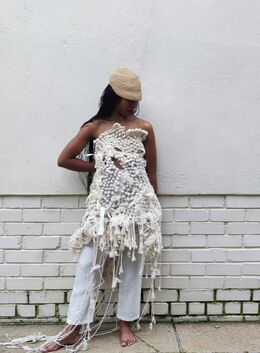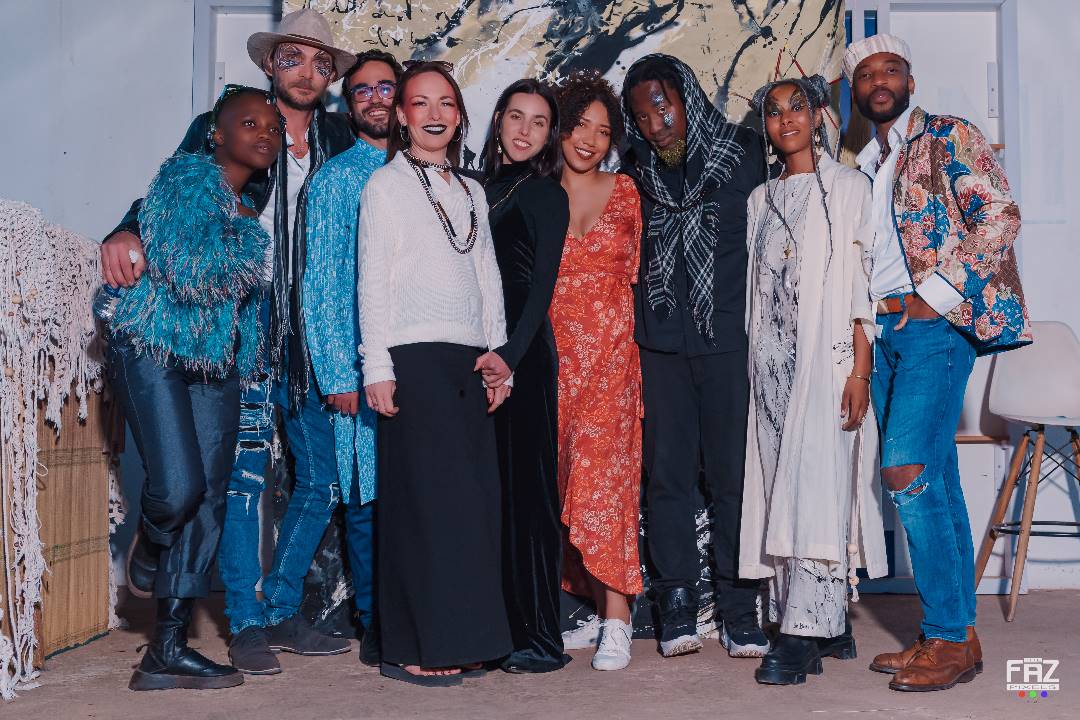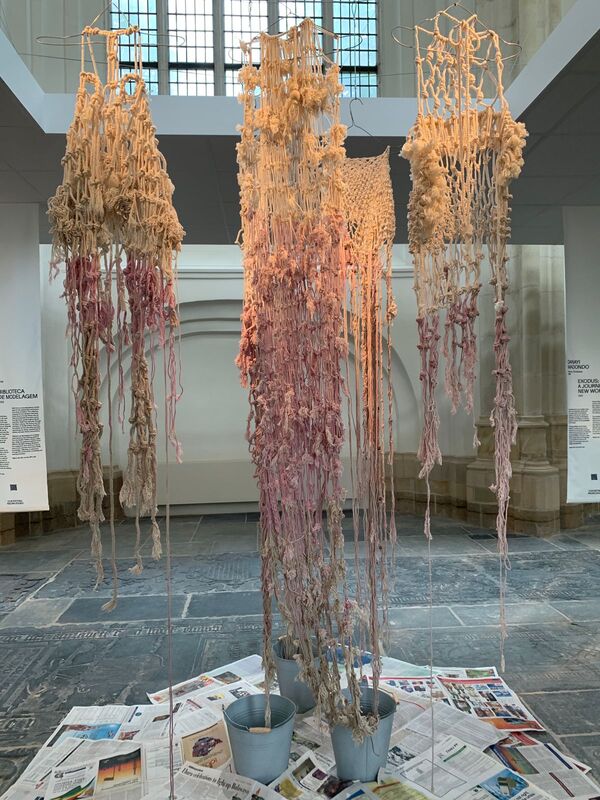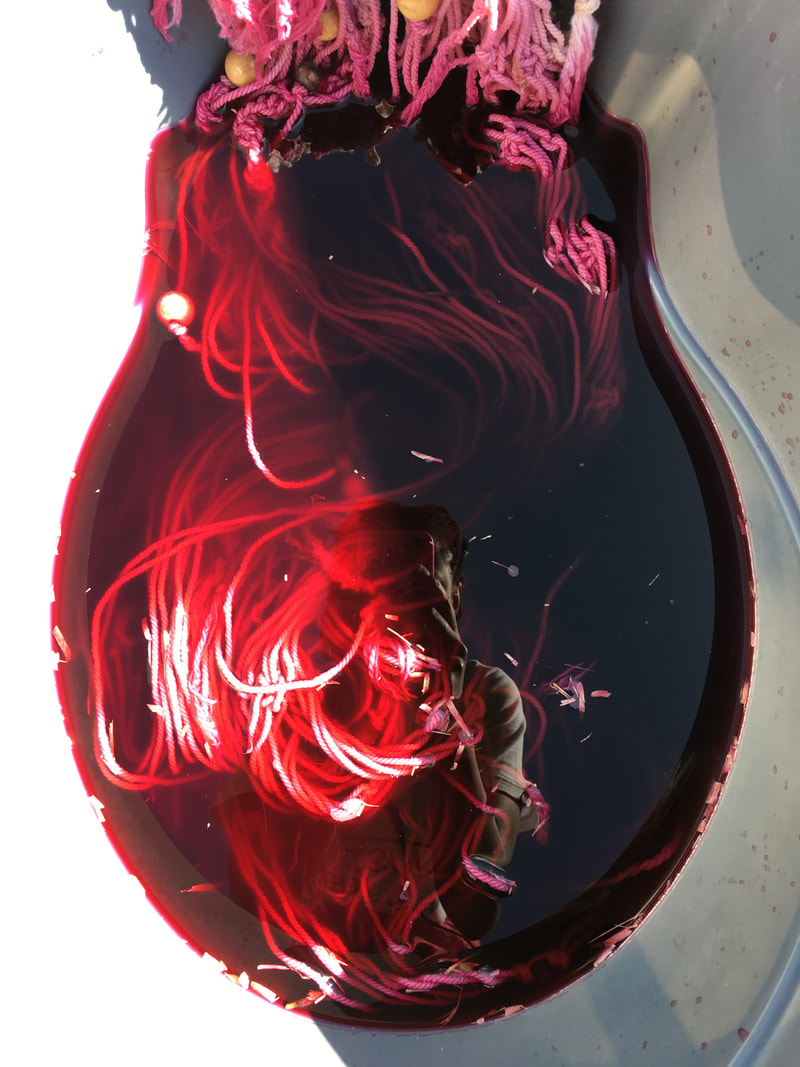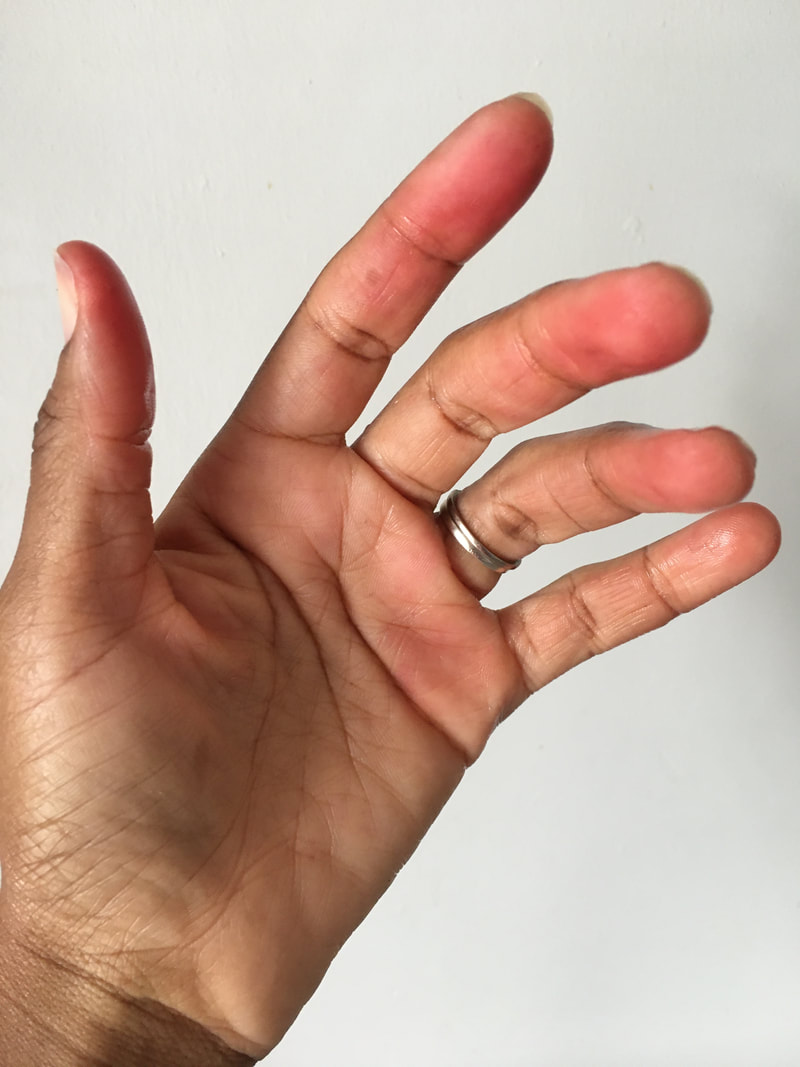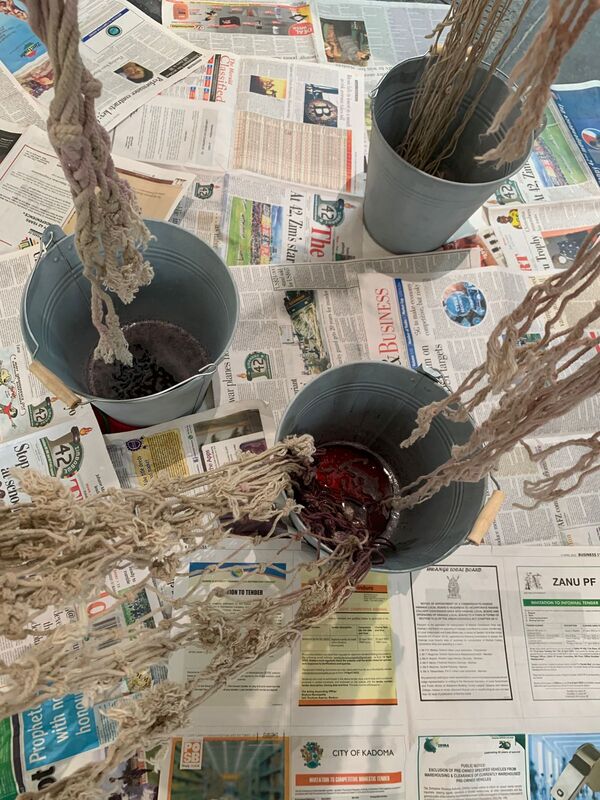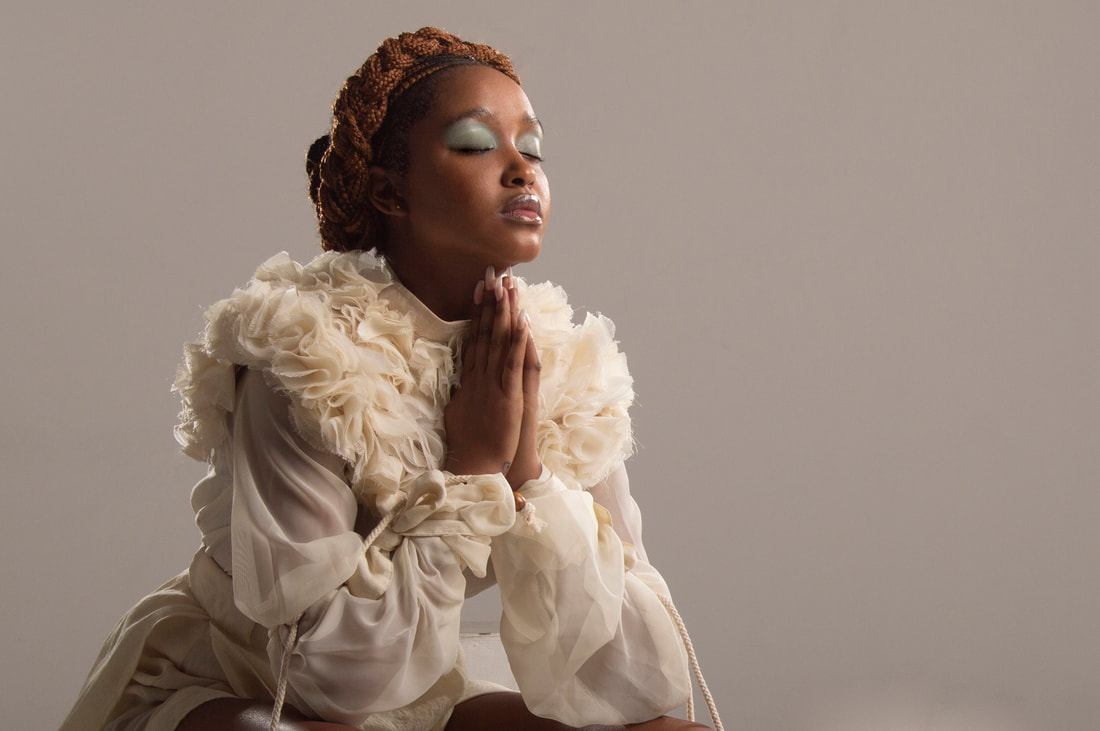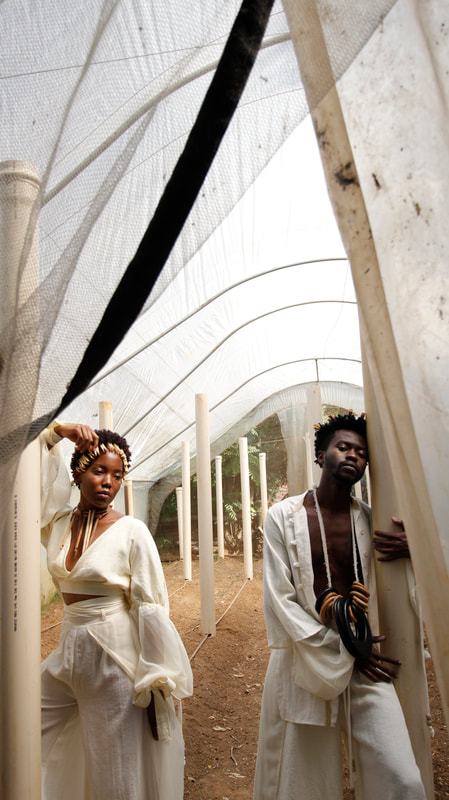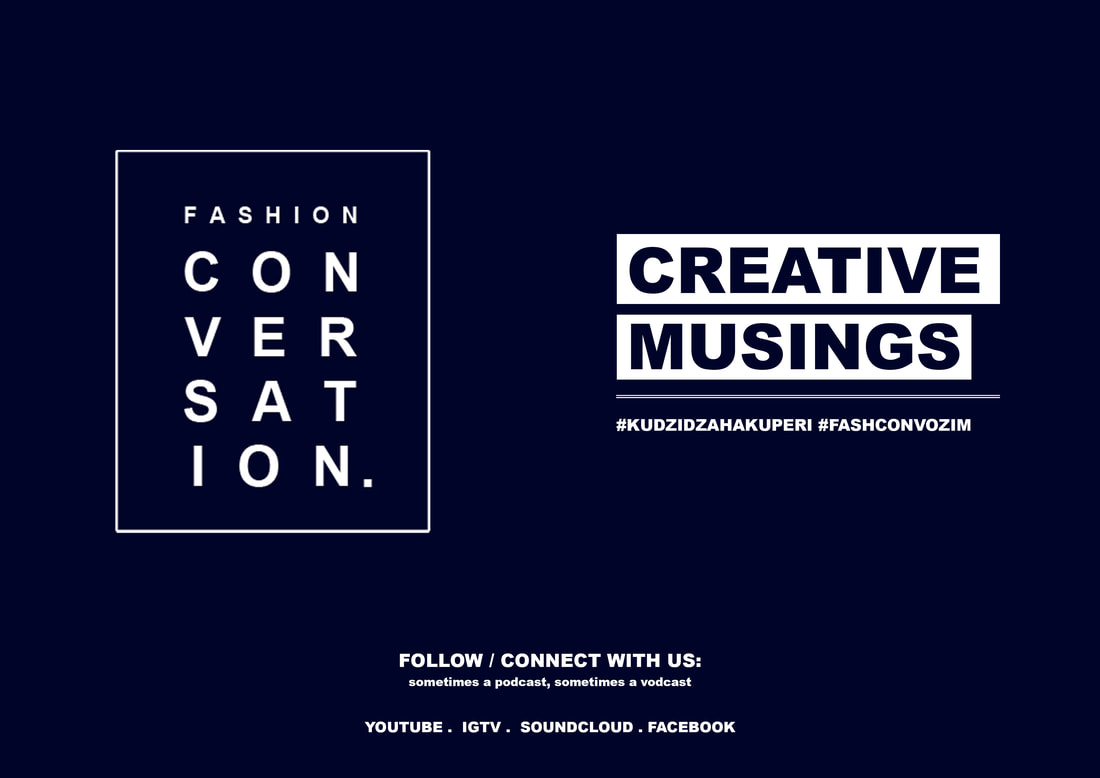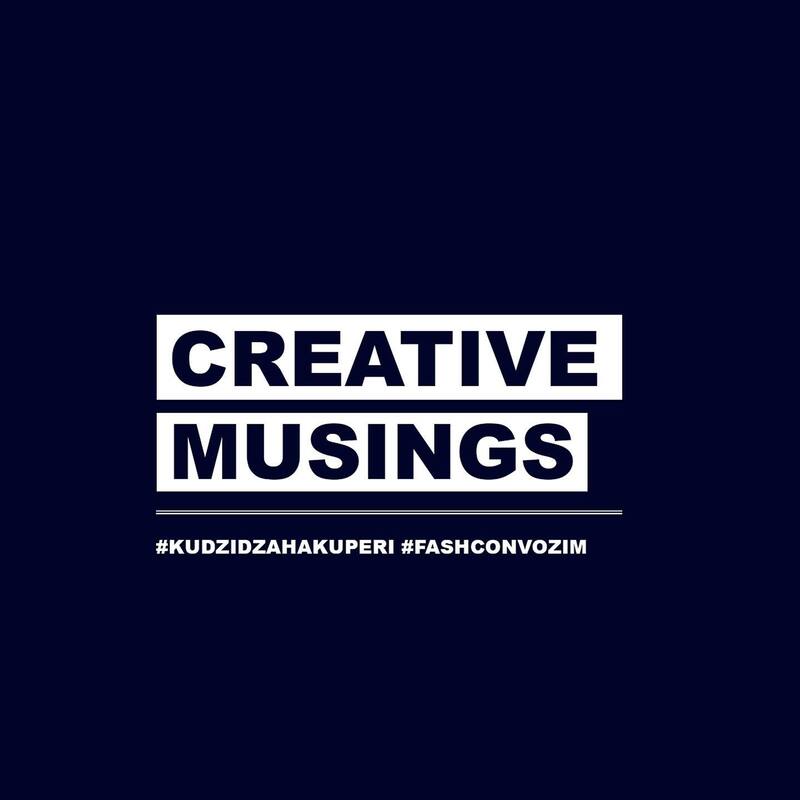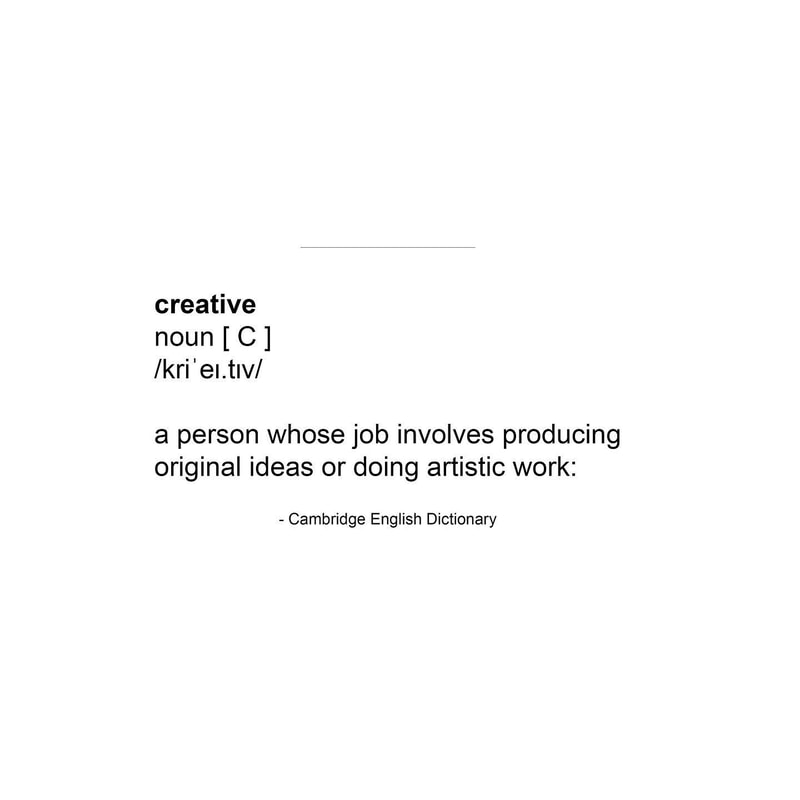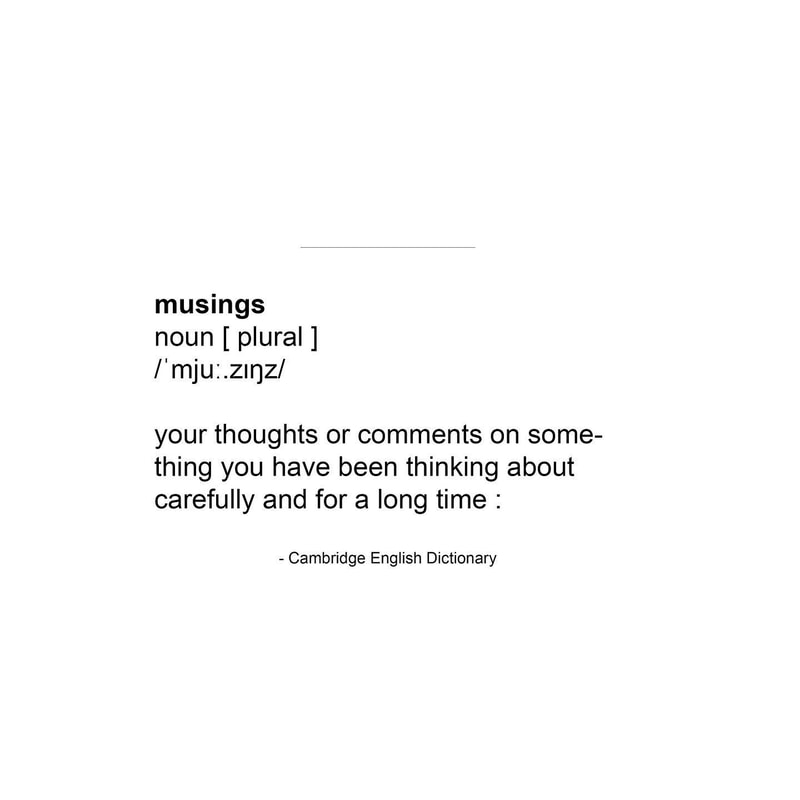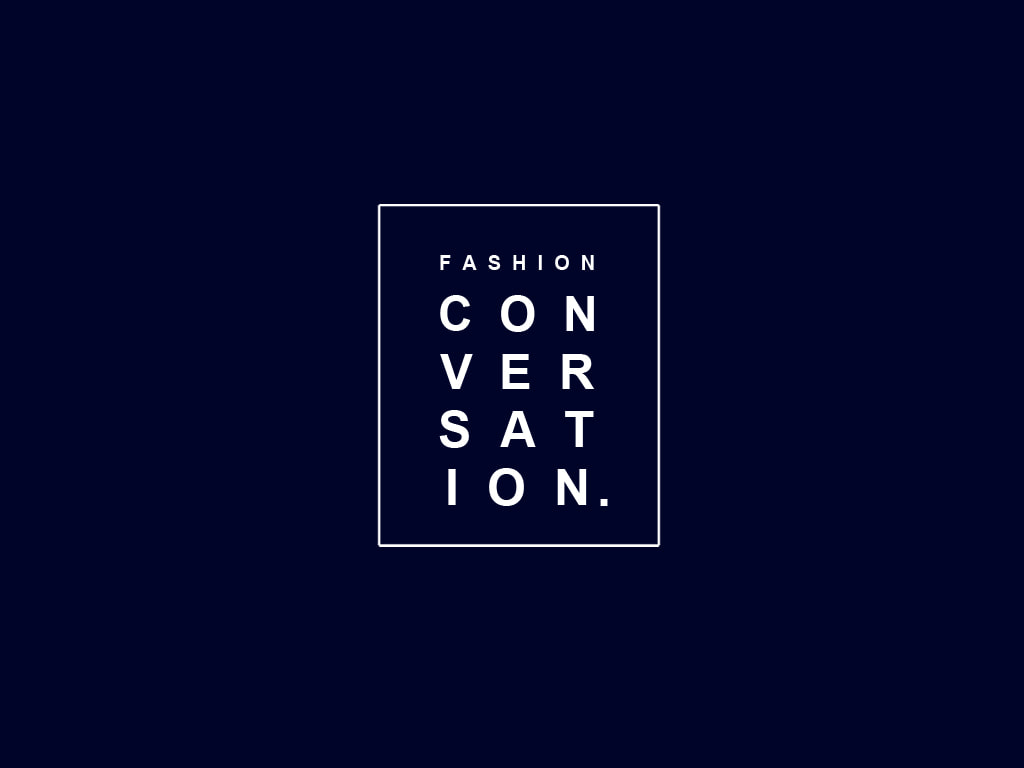|
“True empowerment lies in allowing people to define themselves, their choices, and their journeys." - Yung Pueblo | Poet Image Cred. captured by Obscura for Marula Wellness ft. apparel by Haus Of Stone There's been a lot of interesting discussion among my friends and colleagues about the concept of sustainability and who controls the global narrative. In my previous article, "Surviving Fashion: Beyond The Hype," I touched on the major issue of how Western institutions have shaped the discourse surrounding sustainability and disseminated those ideas globally for everyone to adopt. While the concept of sustainability is universal, Western approaches may differ from those in other parts of the world. It's the framing of these approachs that can lead to a one-sided conversation that excludes valuable perspectives arising from diverse contexts like geography, culture, economy and accessibility. The current discussion often appears to be viewed through a Western lens, despite the fact that sustainability has once a core principle in the African experience. Westernization and consumer colonialism were concepts adopted by Africans. Now, we find ourselves having to unlearn adopted knowledge systems that were originally foreign to us. We are asked to relearn "sustainability," but according to a rulebook not created by us. This simply perpetuates the cycle of consumer colonialism. In my experience, certain Western ideas of sustainability don't always translate well to the realities of running a fashion business in Zimbabwe or elsewhere in Africa. This raises the question: is this "one-size-fits-all" approach truly effective? Or do these concepts need to be adapted to consider cultural and geographic nuances, as previously mentioned?
Traditionally, Africa embraced resourcefulness – making only what was needed, when needed. This way of exiting thrived in a time when consumerism wasn't the centre of the universe. This philosophy stands in stark contrast to the mass production and wastefulness that dominate today's fashion world. Consequently, navigating the complexities of this modern industry can feel overwhelming. We, the latecomers to the modern global fashion conversation, struggle to catch up on a fast-paced dialogue. No one seems willing to slow down or grapple with the nuances, leaving us perpetually behind & questioning. Consumer colonialism by the West has unfortunately led to the erosion of many valuable African traditions. Practices once deemed "primitive" are now being rediscovered and celebrated in the name of cultural preservation and the allure of "otherness." However, this often occurs once gain through the Western lens, not ours. We are constantly bombarded with external pronouncements about what matters and how, with little room for self-determination. While we may adapt accordingly, it's often not to our true benefit. The message seems to be, "This is good for you," but is it truly? I yearn for some autonomy, a chance to say "yes" or "no" based on my own needs and perspectives without fear of cancellation, but a hope for tomorrow. The script is out in the open for all to read & subscribe to, or risk falling short of what some would deem a worthwhile career. Image Cred. GT Bank Fashion Weekend ss19 As an African fashion designers, navigate the fashion industry, I feel confined by a pre-set narrative: slow fashion, "Made in Africa," and cultural preservation. While mass production seems out of reach, the prevalence of greenwashing highlights the reality – fashion is a business, and true sustainability can be expensive. I can't help but feel like the industry demands a sacrificial lamb, and right now, it seems to the forever emerging independent designer. We're trapped in a cycle of chasing opportunities, battling low income, and facing harsh realities.
Our current success model may, in fact, require us to embrace aspects of mass production and shift our focus to Eastern markets for production & sourcing until Africa can stand on it's own. This could be a necessary step towards building a viable, long-standing, and competitive fashion business. However, this narrative clashes with the principles and values of sustainable design. A truly sustainable future requires a global conversation that acknowledges different contexts and perspectives. In conclusion, "Western sustainability" isn't necessarily a distinct concept, but rather a way of framing sustainability that may have limitations, potentially benefiting some more than others. The question remains: what is the true cost of implementing sustainable practices in their entirety, not just theoretically but in real-world application? The most effective approach will likely be a blend of global knowledge and culturally-specific practices that prioritize both environmental and social well-being. I, for one, will continue to ask the questions and diligently seek out the answers.
0 Comments
For a decade, I've navigated the world of fashion, from retail, visual merchandising, fashion design, styling to crafting impactful visual narratives. This journey has granted me invaluable insights into the industry's complexities and hidden nuances. The fashion system's potential for empowerment and positive change is undeniable, yet it's equally riddled with moral & ethical dilemmas; such as the human cost behind the glamour, the pressure to conform to often unrealistic standards, and the relentless pursuit of fleeting validation. For someone like myself: a fashion artist & business owner there is a constant tension between the artistic and commercial aspects of fashion that presents a significant challenge for many creatives involved. Entering this arena, I never anticipated the depths I'd delve into, the mental exhaustion triggered by the industry's relentless "rat race" mentality, fueled by fleeting trends, ever-evolving technologies, and the constant pursuit of 'popularity'. This text explores the interplay between trend chasing, greenwashing, gatekeeping, and the inauthenticity that plagues certain fashion social entrepreneurship ventures, particularly those led by individuals who exploit the social advocacy space for personal gain. It examines whether the pursuit of social good in fashion has devolved into performative activism, potentially exploiting vulnerable communities through carefully crafted narratives, fair-trade claims, and heart-wrenching stories designed to manipulate both consumers' & donors. I won't be able to delve deeply into all the topics mentioned, but I consider this a good opportunity to touch lightly on some of the issues that have weighed heavily on me for some time. I consider myself an "African" sustainability and fashion advocate. My desire is to see everyone connected to the African fashion ecosystem thriving through practices rooted in their own space and culture. I envision a system and philosophy built by our ancestors, evolved by us. A system we inherently understand and have autonomy over, with rules defined by the very people who grow the textiles, weave the cloth, and shape the designs. With that said, I am struck by the irony of Africans seeking to re-enter a conversation our ancestors pioneered ages ago as part of their lived reality and existence. Westernization eroded our inherent practices, forcing us to rediscover them within the constraints of Western consumer colonialism. Sustainability has become an inexplicably luxurious ideal, often defined by Western standards – a narrative I constantly challenge within my own work. I want to advocate for a more inclusive definition, rejecting the one-size-fits-all approach. This conversation deserves deeper, more nuanced exploration by all involved. Africans are often told what matters most when it comes to sustainability at a given season, but on the ground creatives alike are crying foul. Image cred. Studio image of Danayi working on her experimental regenerative textiles. "The environmental movement cannot succeed if it ignores the lived experiences and knowledge of diverse communities around the world." - Ai-jen Poo | Labour Activist
"If corruption is a disease, transparency is a central part of its treatment." – Kofi Annan | Former UN Secretary-General My concerns extend to social enterprises. While I strongly support community uplifting (heck, I’m in need of uplifting myself), I oppose performative activism. I find it problematic when marketing campaigns or self-professed philanthropists leverage curated images of underprivileged community groups without consent, genuine engagement, involvement or empowerment. These communities are not passive recipients of aid; they are individuals with voices and aspirations. True charitable efforts, unlike performative ones, prioritize collaboration & impact over public fanfare which has become the modern day case for the ambitious philanthropist and social entrepreneur. Aesthetics over humanity. "Performative activism is not activism. It's narcissism in disguise." - Sarah Sophie Flicker Image cred. The collaborators behind VERNISSAGE | FINNISAGE exhibition (visit exhibition page for more details) Some social enterprises, unfortunately, function as enrichment plans or disguised philanthropic ventures for their founders. I often find that such initiatives merely tick a box, failing to deliver genuine social impact. While definitive solutions remain elusive we can start by ditching catchy slogans for direct community engagement. Continuous funding without critical evaluation hinders progress. We must explore the "why" behind stagnation, potentially revealing systemic issues that require industry-wide solutions, not just individual charity. Instead of handouts, let's empower communities toward self-sufficiency, building long-term resilience and independence. It's also crucial to recognize that sustainability should be accessible to all, not a luxury for the few. To address performative activism, encourage transparency and hold social enterprises accountable for their impact. Additionally, redefine sustainability by moving beyond Western-centric ideals and embracing diverse cultural perspectives and practices. Finally, empower communities by prioritizing genuine engagement and collaboration over superficial marketing tactics and social enterprise dominance.
NEXT TOPIC - Sustainability: The Elephant in the Room Image cred. Ode to Askana Visual Poem by Haus Of Stone In the COVID aftermath, a personal truth crystallized: art thrives when untethered from commerce's chokehold. Few artists, particularly those living off their work, can afford the luxury of such a notion. To some, it's an unfathomable dream. The concept bridges the gap between art for purpose and meaning and 'art for the art's sake." - Théophile Gautier | French novelist & Journalist (1830). For me, COVID became a launchpad into the world of textile art, specifically macrame. Free from the suffocating grip of consumerism and its relentless commercial pressure. It created a space for me to learn, experiment, and discover alternative creative approaches without limitations or the burden of needing it to be commercially acceptable. Fueled by the pandemic, my artistic exploration blossomed into a distinct design perspective that now infuses my indie fashion brand - Haus Of Stone. Liberated by this freedom of expression through textile art, I transform the unconventional and experimental into commercially viable pieces, which have added a new dimension to my work. A testament to the freedom of artistic exploration. ______ THE PREMISE "... our culture is inherently spiritual. We are inherently spiritual. We are living organisms of our traditions, existing as vessels and vehicles of its preservation & evolution." - Thandi Gula | Visual Artist Image cred. State of Fashion Solo Exhibition by Danayi Madondo - Experimental Textiles My textile art exploration sparked a reflection on the very essence of my artistic expression. Can art be a spiritual/ sacred practice? Can the practice of art be a deep seated conversation with the Divine? Does a natural talent, honed skill, or whispered calling fuel the vessel of expression? Does the commercializing of art, a supposed embodiment of the spirit, present a fundamental obstacle to its authentic expression? Can making art in fact be an act of faith, a leap into the creative abyss, trusting the message will find its form through us or another vessel? These are but a few of the incessant questions I ask myself.
Embracing the role of co-creator, guided by a higher force, means trusting the gravitational pull, but the art world's insatiable appetite for intellectualizing everything has the ability to suffocate artistry, transforming it into controlled messaging, ripe for manipulation. As Jordan Peterson eloquently captured, 'art arises from the depths of our souls.' So, how can we reconcile this innate, spiritual source with the analytical gaze of intellect? How can we control these impulses that yearn to be set free, using logic & commerce to guide their emergence? Though the answer remains elusive, one thing resonates with unwavering clarity. My art amplifies not just my own voice, but those that intertwine or vibrate in harmony with it. I create art to give form to the formless. Art has become a wellspring of personal well-being and a sacred inner sanctum. “The urge to create and express my feelings through art feels as essential to me as the very air I breathe.” Dive into the creative source of Danayi Madondo, fashion designer, textile artist, and visual storyteller from Harare, Zimbabwe. This CREATIVE MUSINGS vodcast unveils unfiltered insights you won't hear anywhere else about what drives her creative practice. Join us for a deep dive into her artistic conversations and follow + subscribe to Haus Of Stone (YouTube) for long-form videos exploring art, spiritual connections, and the sacred nature of artistic practice. To all the creative wanderers! Happy New Year! I've been taking a little quiet time to sort through the wild ride of last year which I desperately needed. It felt like being co-pilot on God's plane, witnessing His glorious hand and infinite potential in my life. It was a powerful reminder that where I saw limitations, He saw endless possibilities. The magic of last year truly inspired me to take a slight detour with my platform Fashion Conversation (sometimes a blog, sometimes a vlog). This season under the banner of CREATIVE MUSINGS, I am going to focus primarily primarily on my own thoughts & processes. A myriad of thoughts, some jarring and wild, others seemingly out of touch or bordering on crazy, have run through my mind. Yet, even within this messy mix, I've always held onto the belief that these seemingly rejected thoughts hold the potential for transformative perspectives, nuanced conversations, and groundbreaking innovations in both thought and spirit. In 2024, I'm embracing the wildness of my thoughts, creating what I hope will be a safe haven for them to evolve into whatever they're meant to be. I hope that someone out there in the vast virtual landscape will resonate with these ideas taking flight. Image Cred. Masimba Tinashe Madondo of Haus Of Stone | Muses . Shamiso Thembo & Julian Tamuka
Circa. 2019 2024 marks the launch of a new creative wandering for me: a blog chronicling my "Creative Musings." Juggling the various demands amidst time constraints and numerous commitments – has been a balancing act. But as I enter my 10th decade as a working creative, I feel blessed to still be growing, learning & evolving on this journey called life. This year, i could no longer ignore the pull that i've been feeling towards document my own creative musings. i am a strong believer in archiving our existence in all it's dynamism & felt there was no better space to do so than right here as I share my thoughts and insights that have fueled me over my 10-year odyssey. My career has been a labyrinth, filled with twists and turns as I explored roles like project coordinator, stylist/image consultant, fashion designer, graphic designer, art director, curator, and countless others. If it involves art, I've likely dabbled in it or at least crossed its path. So, I invite you to join me in this season of: "CREATIVE MUSINGS: The Chronicles of a Fashion Creative." I almost called it "Surviving Fashion," but that might just become a future topic or series – a discussion that can wait for another day. #StayTuned.
Sometimes a podcast, sometimes a vodcast. For creative thinkers. Launched: Friday 19 June 2020 For our inaugural season of CREATIVE MUSINGS, we invited our visionary minds to explore four socially relevant topics, ranging from local concerns to global issues within their creative fields. These thought-provoking themes - Thinking Sustainability, Inclusion in the Arts, Religion & the Arts, and Post-COVID: Fashion Futures - served as springboards for their insightful reflections. Dive into some of their MUSINGS below, and we hope you'll find a spark of inspiration to carry you through the year ahead.
Welcome back to CREATIVE MUSINGS! Dive into a critical conversation with our guest speaker, Dr. Pam Samasuwo-Nyawiri, the acclaimed Creative Director of Vanhu Vamwe. Today, Dr. Pam challenges us to confront uncomfortable truths in the fashion industry. She'll be dissecting concepts like false allyship, tokenism, and the obstacles faced by marginalized groups navigating the mainstream scene. Prepare to be inspired, enlightened, and empowered as Dr. Pam guides us towards building a more equitable and inclusive creative landscape. Welcome back to CREATIVE MUSINGS! Buckle up for a journey of self-discovery with our guest speaker, Buhle Chinara, freelance content creator and host of the captivating new podcast "The Mirror Club." Today, Buhle dives into the power of self-reflection and truth-seeking, guiding us in transcending restrictive personal paradigms. Get ready to explore radical shifts in social values and envision new, sustainable realities as Buhle challenges creatives to reimagine and reshape the world through their work. This promises to be a transformative conversation that ignites our creative fire and rewrites the script for a brighter future. Welcome back to CREATIVE MUSINGS! Today, we're delighted to have Thandi Gula-Ndebele, a multifaceted storyteller, join us for a thought-provoking discussion. Thandi will be delving into the fascinating concept of the "wellbeing economy," exploring its core principles rooted in mutual service and the overall well-being of our communities. Get ready to discover how this revolutionary economic model prioritizes human flourishing and environmental sustainability. Prepare to be inspired and challenged as Thandi sheds light on a future where collective care and shared prosperity take center stage! |
FASHION CONVERSATIONTo inspire, motivate, and stimulate new ways of thinking and creating through insightful reflections.🇿🇼 AuthorA Zimbabwean fashion designer, textile artist, and visual storyteller based in Harare, engages with multidisciplinary practices that embrace an immersive storytelling approach, seeking to archive & evolve cultural design traditions, ultimately expanding cultural discourse through her traditional experimental designs ArchivesCategories |
